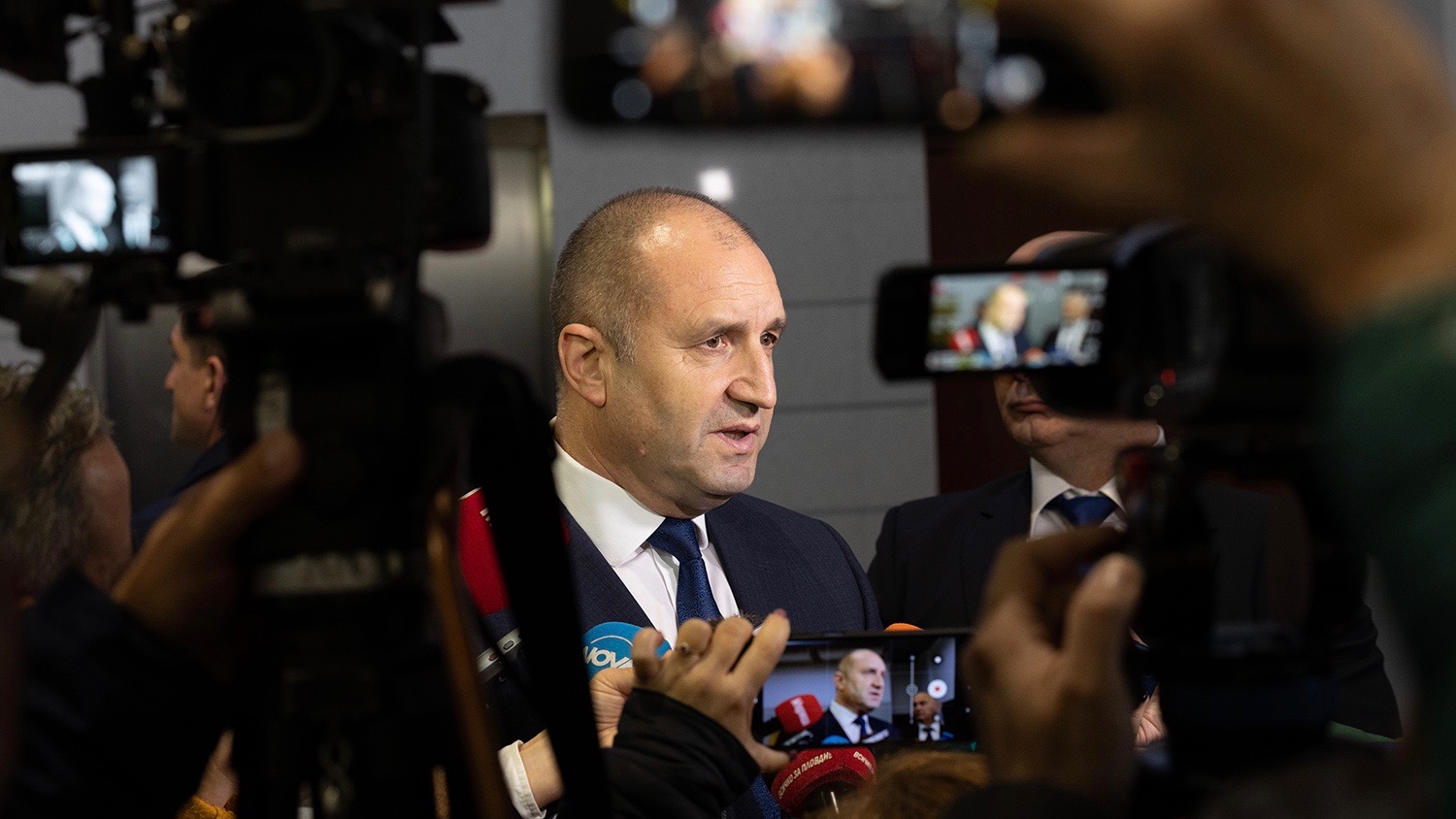The elections held in Bulgaria on April 2—the fifth in the last two years—have again resulted in a fragmented verdict as no single party or bloc managed to attain a simple majority in the 240-seat parliament, plunging the country into deeper political chaos. The polls saw a voter turnout of 40.63% as the majority of voters abstained from participating. As per the results, the conservative GERB-led coalition, led by former President Boyko Borisov, is in the front with 69 seats (2+) and 26.49% votes, while the liberal coalition of We Continue the Change (PP) and Democratic Bulgaria (DB), led by Kiril Petkov, has won 64 seats (9-) and continues to be in the second position—repeating the scenario of the inconclusive elections held on October 2 last year. Despite several rifts and defections, the Bulgarian Socialist Party (BSP) managed to retain 23 seats (2-). The populist There is Such a People (ITN) also re-entered the parliament by crossing the minimum threshold of 4% votes and winning 11 seats.
Bulgaria went to polls after post-poll coalition talks between parties following last year’s elections failed to reach an agreement. Almost all the parties who had won representation in the parliament were part of the coalition talks. It remains to be seen what position these parties will take in the current round of negotiations. While the ITN is back in the parliament, the approach that the liberal parties and the BSP will take towards it is unclear. ITN pulling out of the coalition government led by Petkov had led to its collapse on June 28, 2022.
The root of the current political crisis in Bulgaria lies in the decade-long corruption ridden rule of Boyko Borisov—from 2009 to 2021—who was ousted from power in the general elections of April 2021. Under Borisov’s rule, racism, xenophobia, corruption, attacks on the press, and organized crime spiked in the country. Massive anti-corruption protests demanding his resignation started in July 2020 and ended only in April 2021 when the four-year term of his cabinet ended with the formal resignation of the third Borisov government.
Cashing in on the anti-corruption protests against Borisov, the ITN, led by Bulgarian television celebrity Slavi Trifonov, emerged as a major political bloc in the two consecutive elections held after Borisov’s exit. However, it failed to form a stable government as it lacked a simple majority and could not form successful post-poll coalitions. In the elections held in November 2021, Petkov came to power. The ITN supported the Petkov-led coalition from December 2021 to July 2022. However, its opportunistic maneuvers ultimately led to the fall of the government, perpetuating the political instability prevailing since April 2021 and forcing the country to go for fresh snap polls on October 2, which also drew an inconclusive verdict.
Regarding the current election results, Bulgarian President Rumen Radev stated that “parties have learnt lessons from the failures so far and will not wait to get a mandate and only then think and negotiate how to form a government. The dialogue for seeking a sustainable form of regular governance should start today and build on clear principles and time-sustainable solutions.”
Bulgarian Socialist Party (BSP) leader Korneliya Ninova said on Wednesday, April 4, “the BSP roughly retains its previous result, but in a very complex situation in which a well-organized and manipulative campaign against the BSP was underway. After the Parliament starts, we will hold an intra-party inquiry on how the BSP will act, whether to enter the government, whether to support someone, whether to stand in opposition.”





